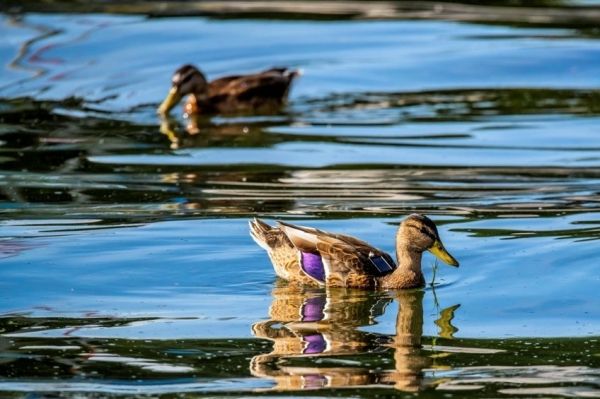In an article, the leaders of a new global initiative explain how research during this devastating health crisis can inspire innovative strategies for sharing space on this increasingly crowded planet, with benefits for both wildlife and humans.
Many countries around the world went into lockdown to control the spread of Covid-19. Brought about by the most tragic circumstances, this period of unusually reduced human mobility, which the article’s authors coined “anthropause”, can provide invaluable insights into human–wildlife interactions.
There have been countless posts on social media over the past few months reporting unusual wildlife encounters. Anecdotal observations, especially from metropolitan areas, suggest that nature has responded to lockdown. There not only seem to be more animals than usual, but there are also some surprising visitors: pumas have been spotted prowling the streets of downtown Santiago, Chile, and dolphins recently showed up in untypically calm waters in the harbour of Trieste, Italy.
Continue reading at Max Planck Society
Image via Max Planck Society


